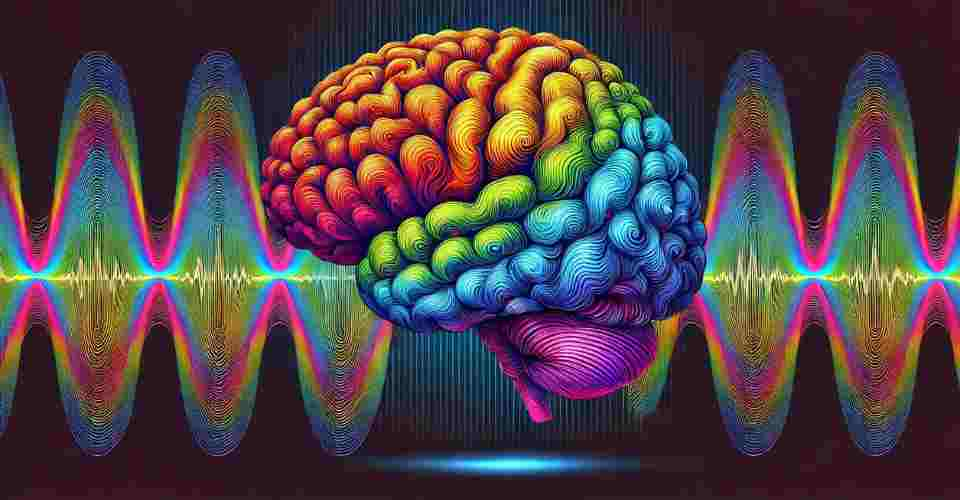Mental Health News
Researchers at the research group, Elsevier, provided insights into how racial discrimination affects brain pathways. The study is published in the journal Biological Psychiatry: Cognitive Neuroscience and Neuroimaging.
The Study
For the study, the researchers recruited 79 black women. The participants self-reported negative developmental experiences like poverty, racial discrimination, etc. They were assessed for trauma and medical disorders (like diabetes, asthma, chronic body pain, etc.).
They also underwent a brain scan using magnetic resonance imaging (MRI). The research team specifically measured the brain’s fractional anisotropy (FA), a reflection of water movement through brain white matter.
The Findings
The results revealed that women who experienced more racial discrimination displayed greater changes in the brain’s fractional anisotropy (FA) and structural disruptions of white matter tracts. They were also the ones more vulnerable to physical and mental illnesses.
The researchers hypothesized that trauma and racial discrimination affect brain matter integrity through the stress system. The affected brain tracts involved in emotional regulation and cognitive processes further lead to major behavioral and conduct dysfunction, such as substance use, chronic insomnia, etc.
One of the lead researchers, Cameron Carter, stated: “[These] insights [from the study] may contribute to our understanding of the origins of health disparities in minoritized communities and the negative impact that racial discrimination may have on human health.”
To Know More You May Refer To
Okeke, O., Elbasheir, A., Carter, S., Powers, A., Mekawi, Y., Gillespie, C. F., Schwartz, A., Bradley, B., & Fani, N. (2022). Indirect Effects of Racial Discrimination on Health Outcomes Through Prefrontal Cortical White Matter Integrity. Biological psychiatry. Cognitive neuroscience and neuroimaging, S2451-9022(22)00120-3. Advance online publication. https://doi.org/10.1016/j.bpsc.2022.05.004




























